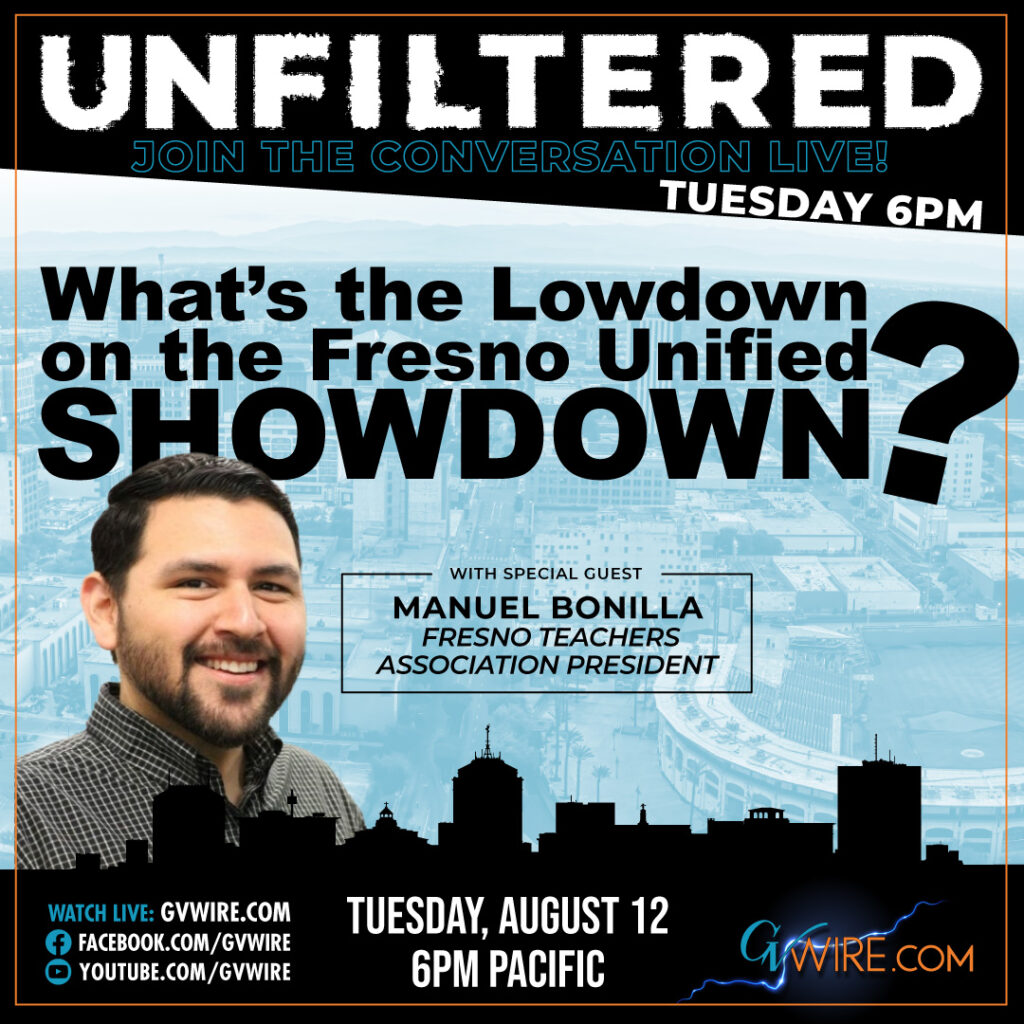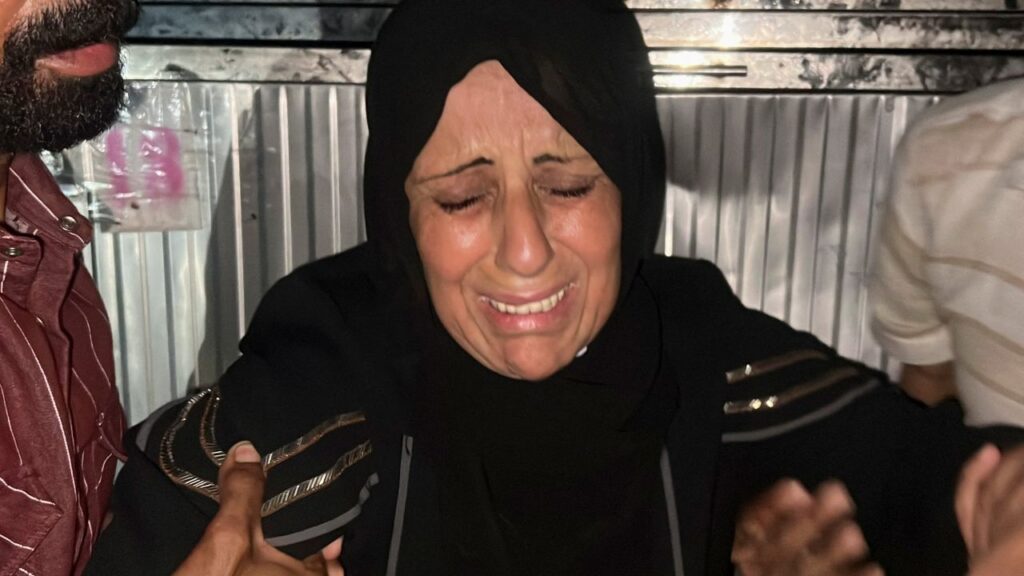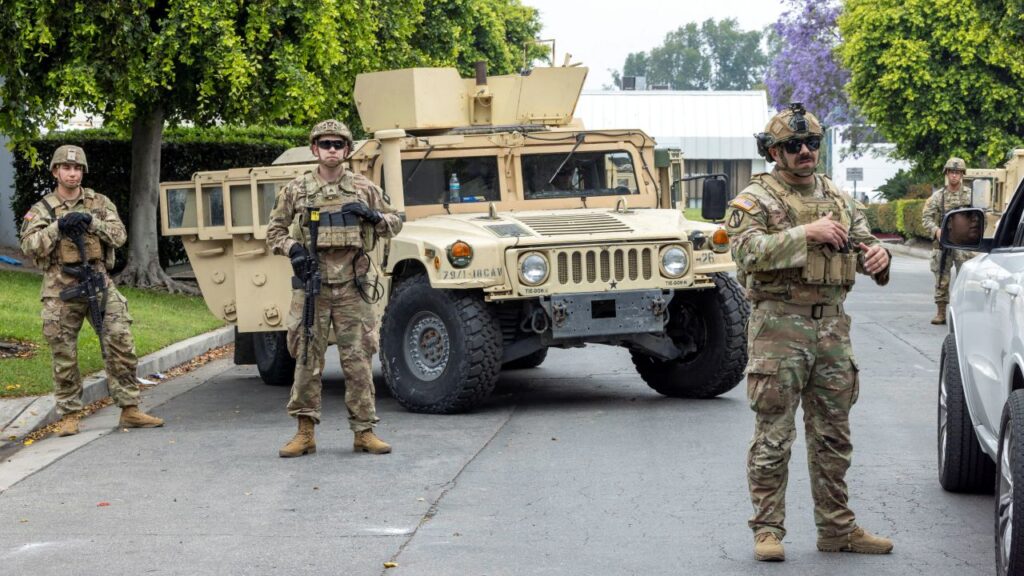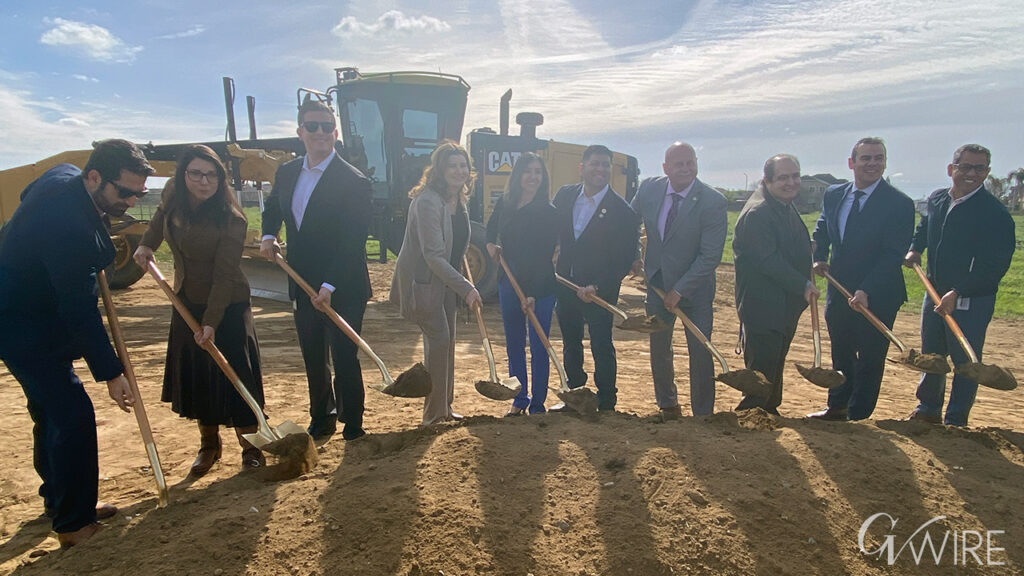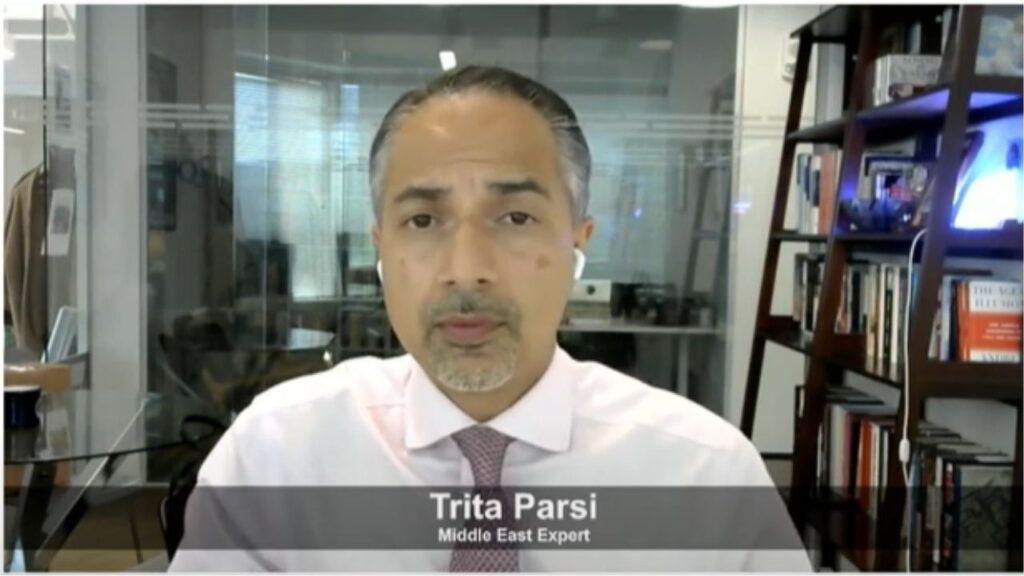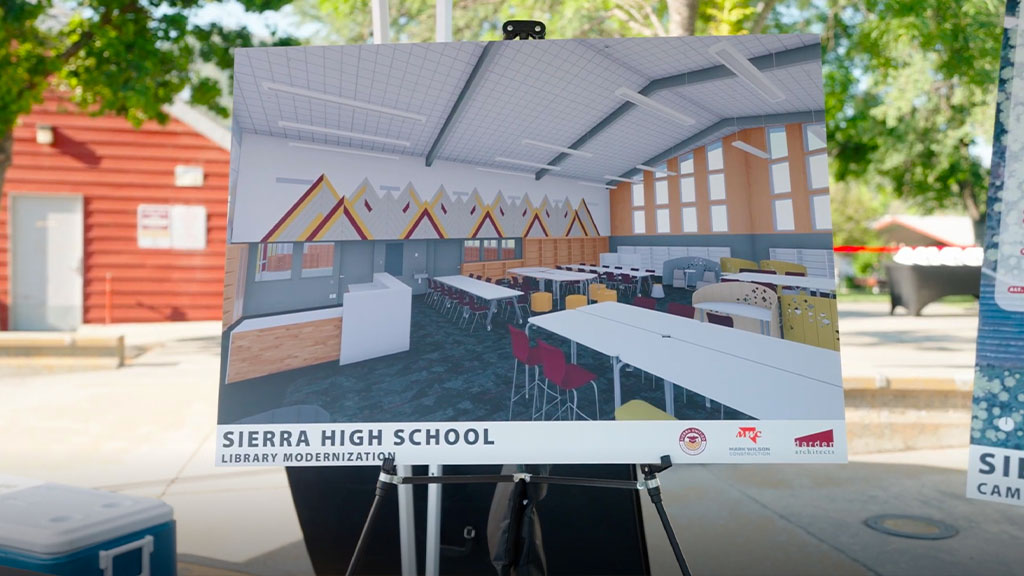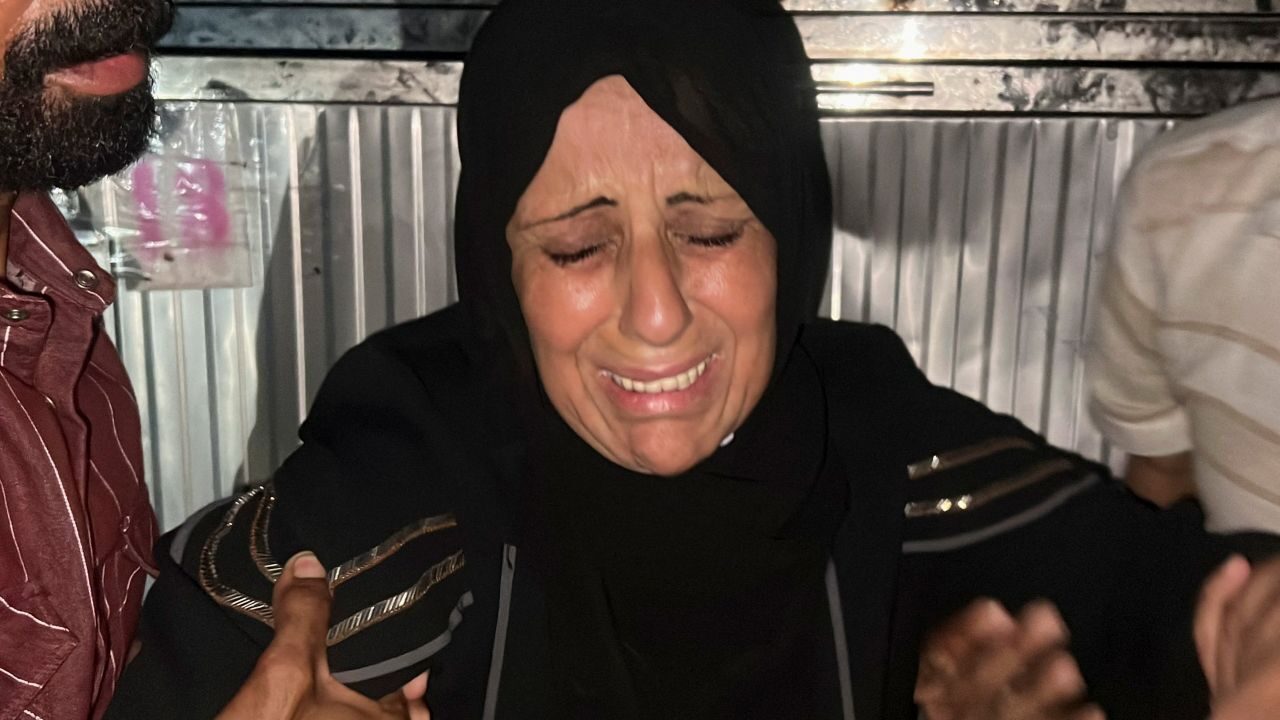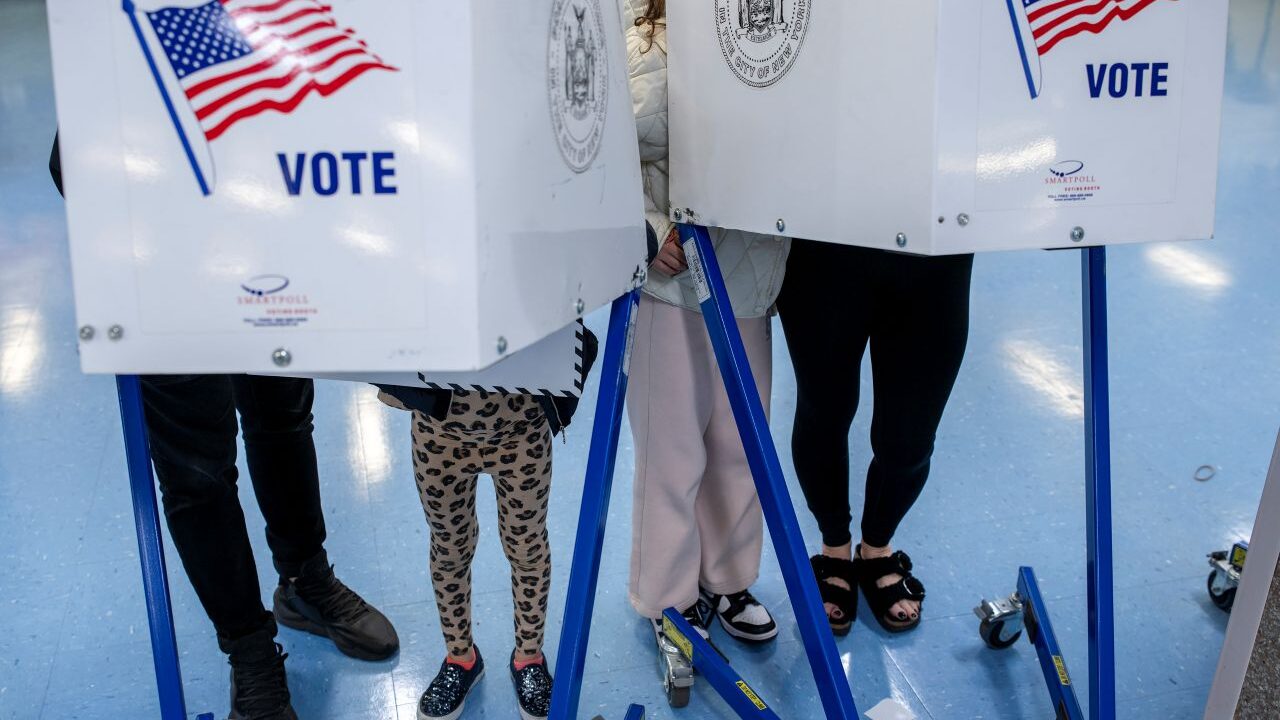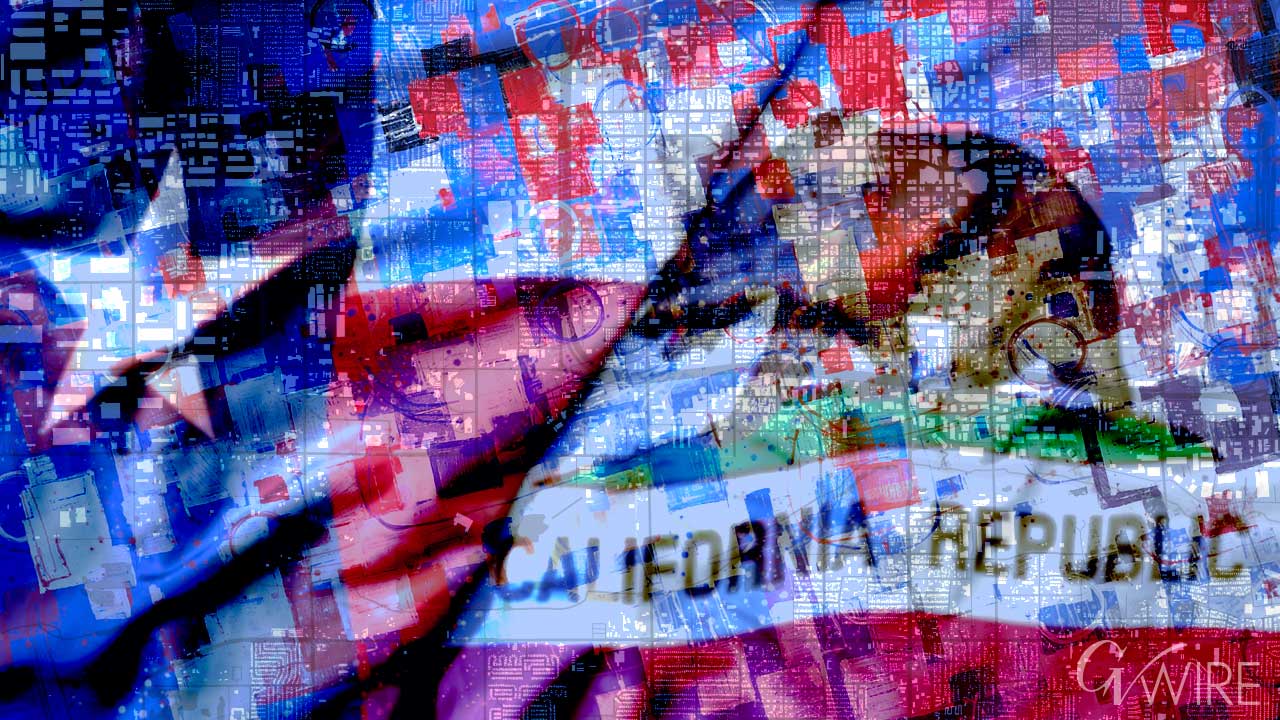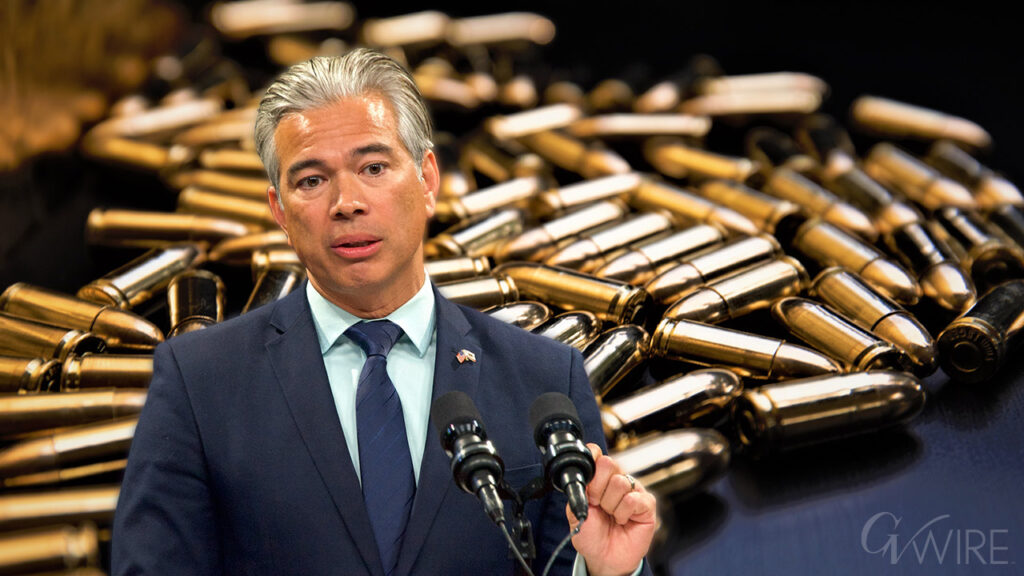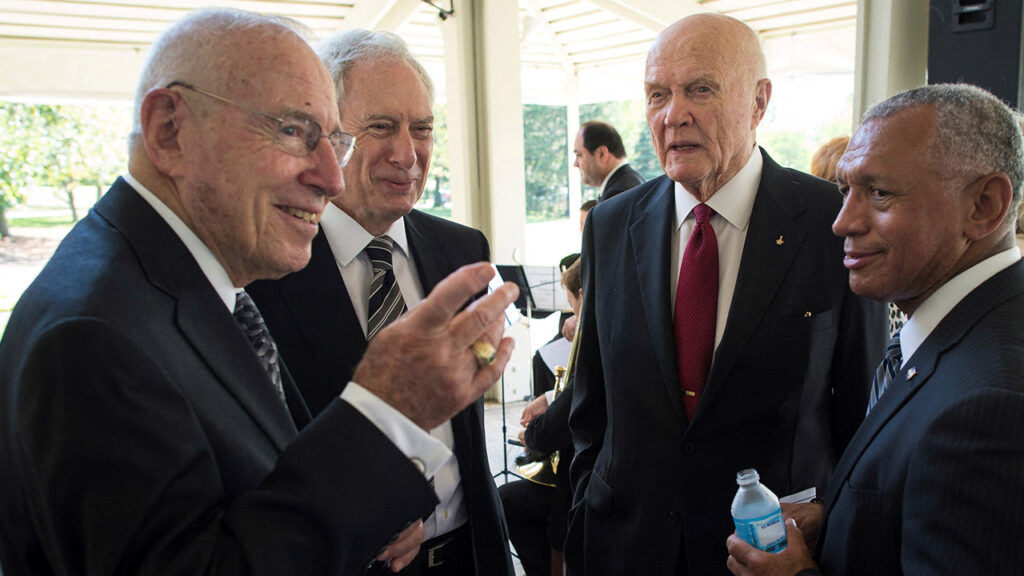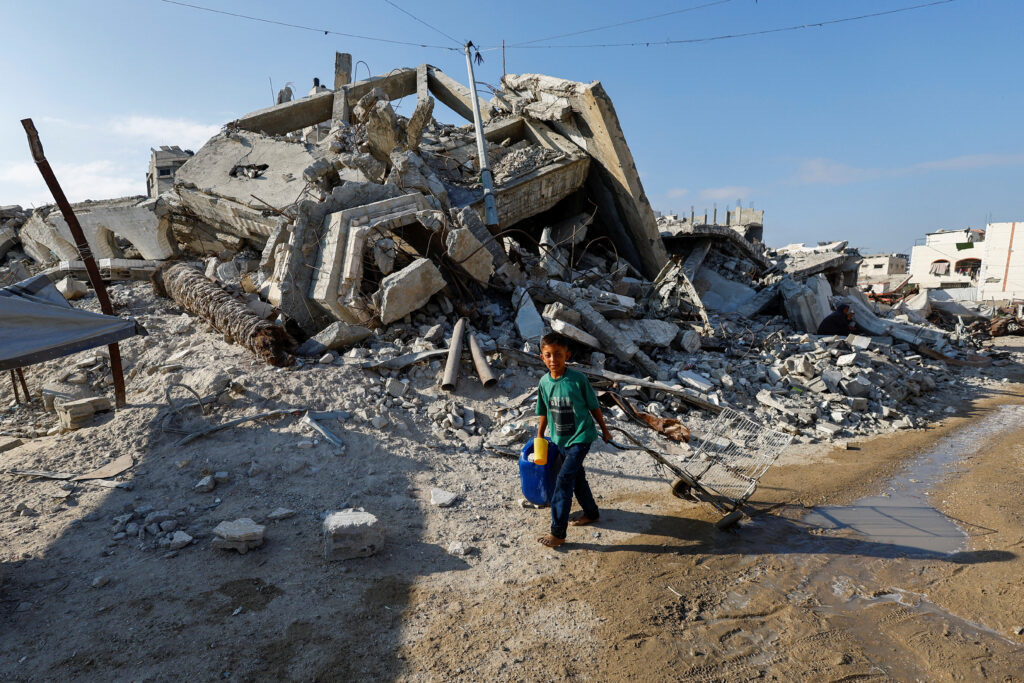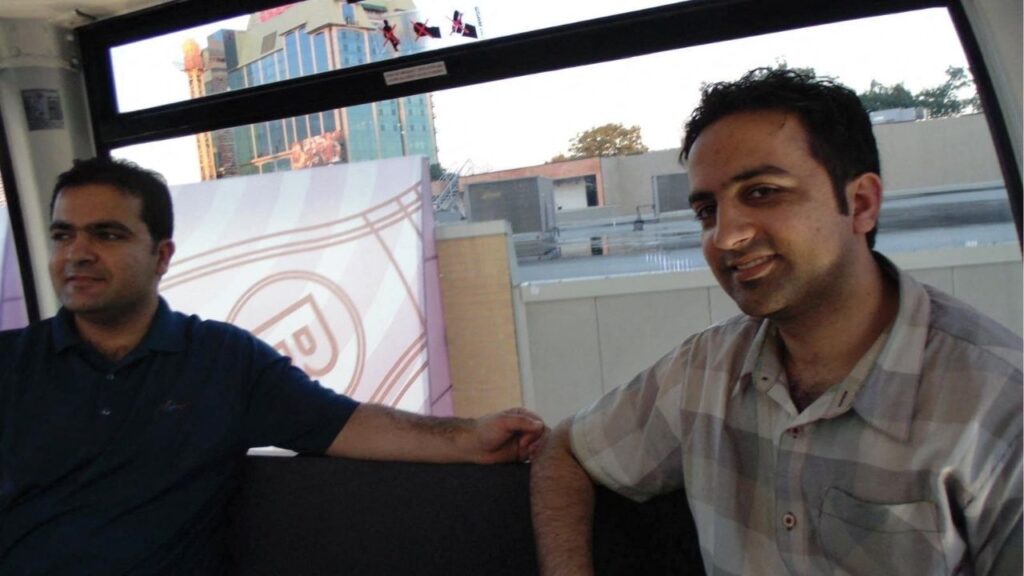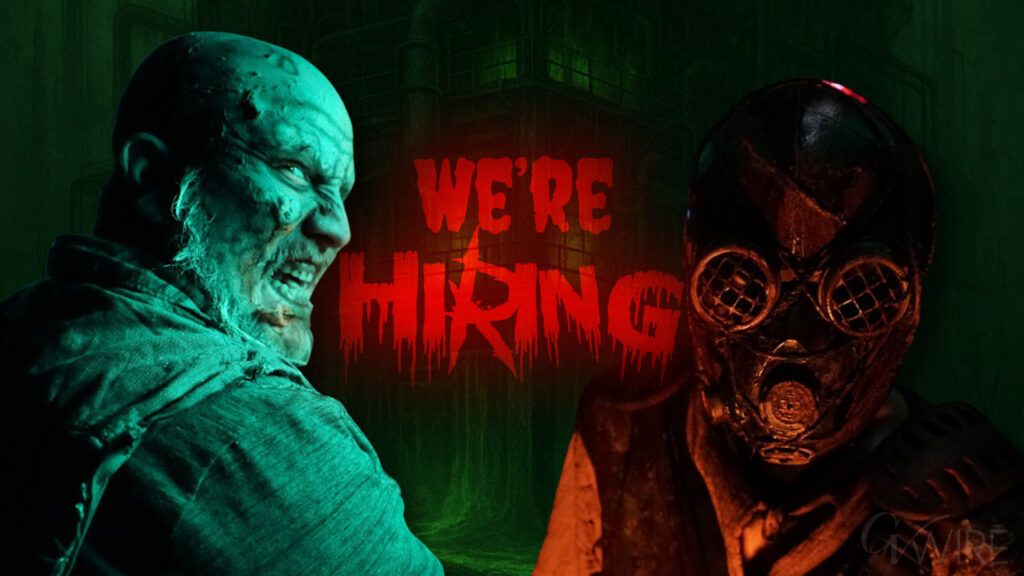[location-weather id="102511"]
Trending
Fight Over Fresno Mobile Home Park Ends As Self-Help Enterprises Takes Over
After more than four years of turmoil, the legal fight over a mobile home park in north Fresno appears to be over as a Visalia affordable ho...
Housing /
2 hours ago
Latest
Videos

Housing /
2 hours ago
Fight Over Fresno Mobile Home Park Ends As Self-Help Enterprises Takes Over

U.S. /
3 hours ago
Explosions at US Steel Plant Leave One Dead, 10 Injured

Courts /
7 hours ago
Eric Grant Is New US Attorney for Region That Includes Fresno
Central Valley

Events /
1 day ago
Marjaree Mason Center Announces Top 10 Professional Women Honorees
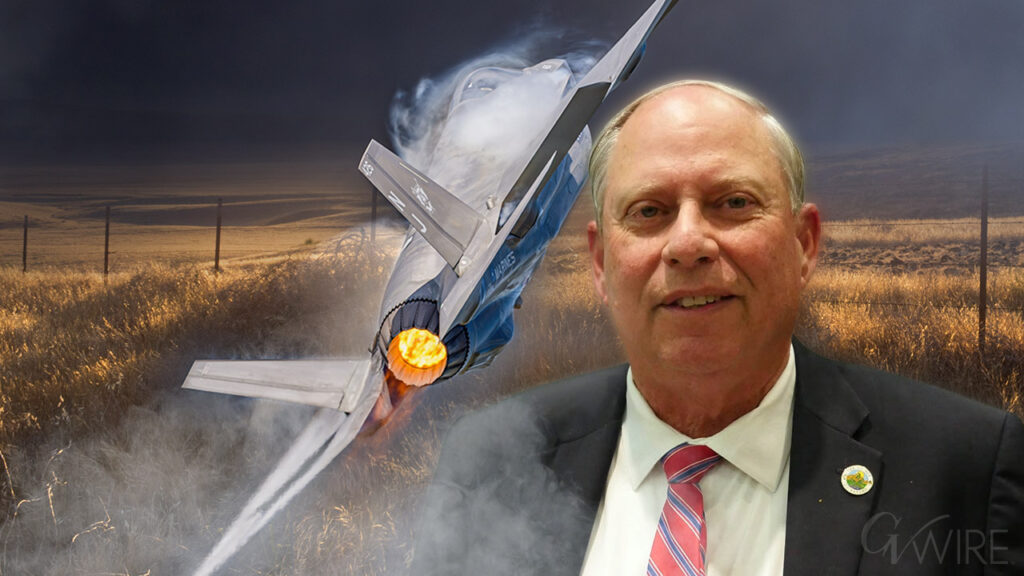
Local /
2 days ago
How Long Before the Navy Moves Crashed Jet Out of Buddy Mendes’ Cotton Field?
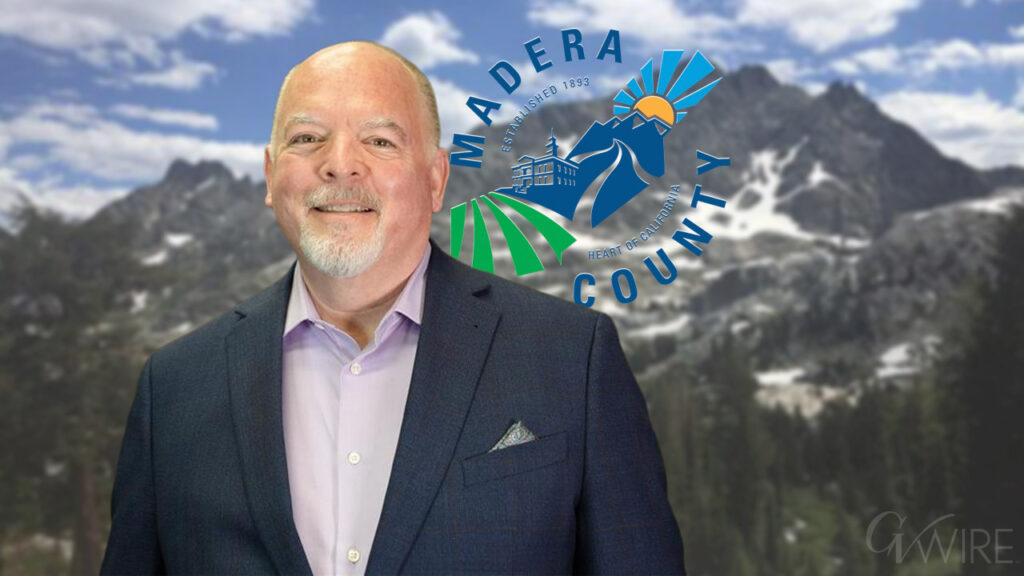
Local /
3 days ago
Madera County’s Former Sheriff-Turned-Top Exec Jay Varney Ready to Retire
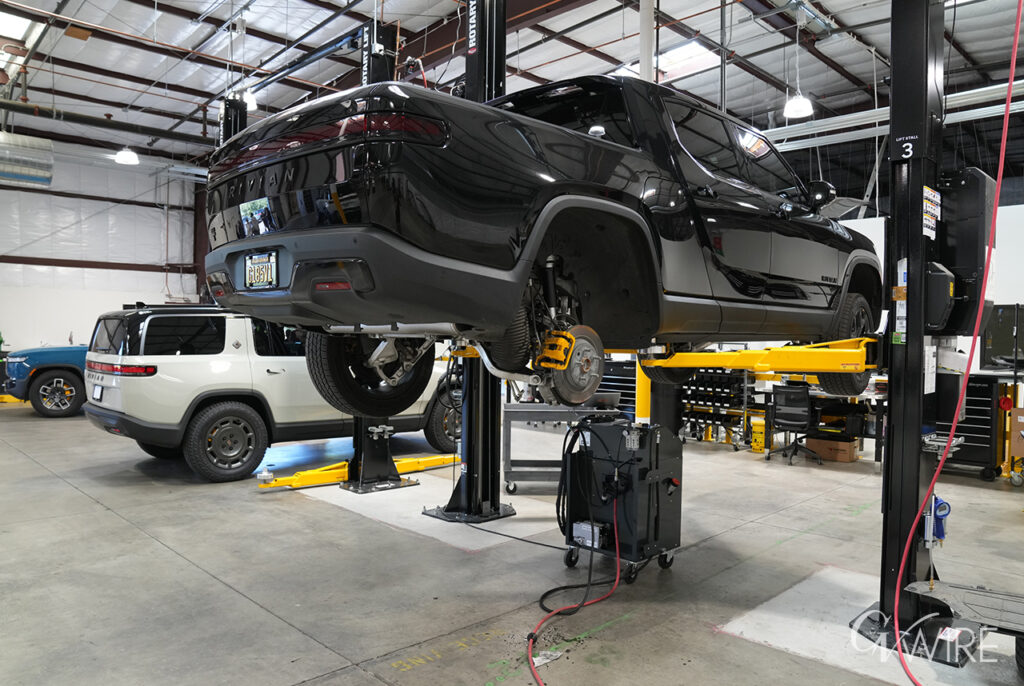
Economy /
3 days ago
Rivian Opens EV Dealership, Service Center in Fresno. First for Central Valley
Videos
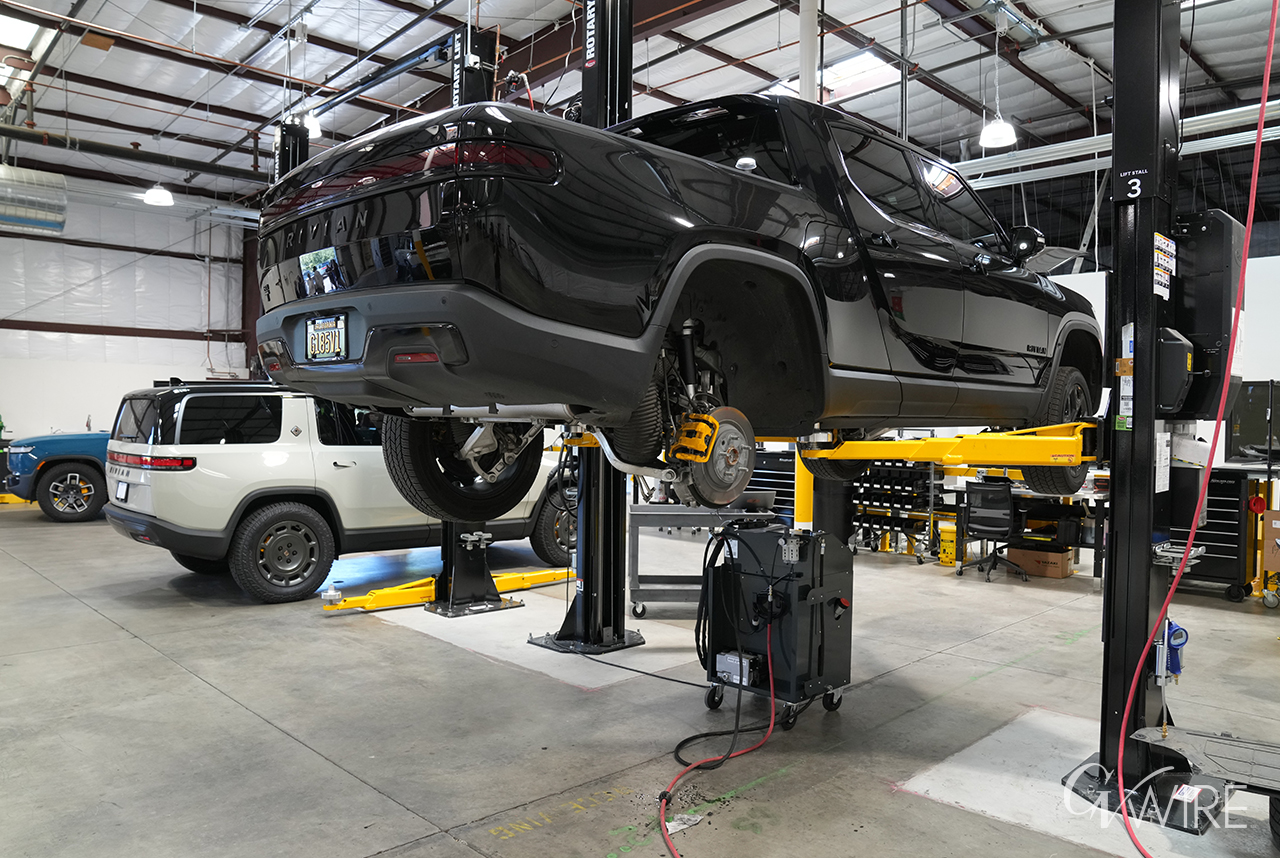
Economy /
3 days ago
Rivian Opens EV Dealership, Service Center in Fresno. First for Central Valley
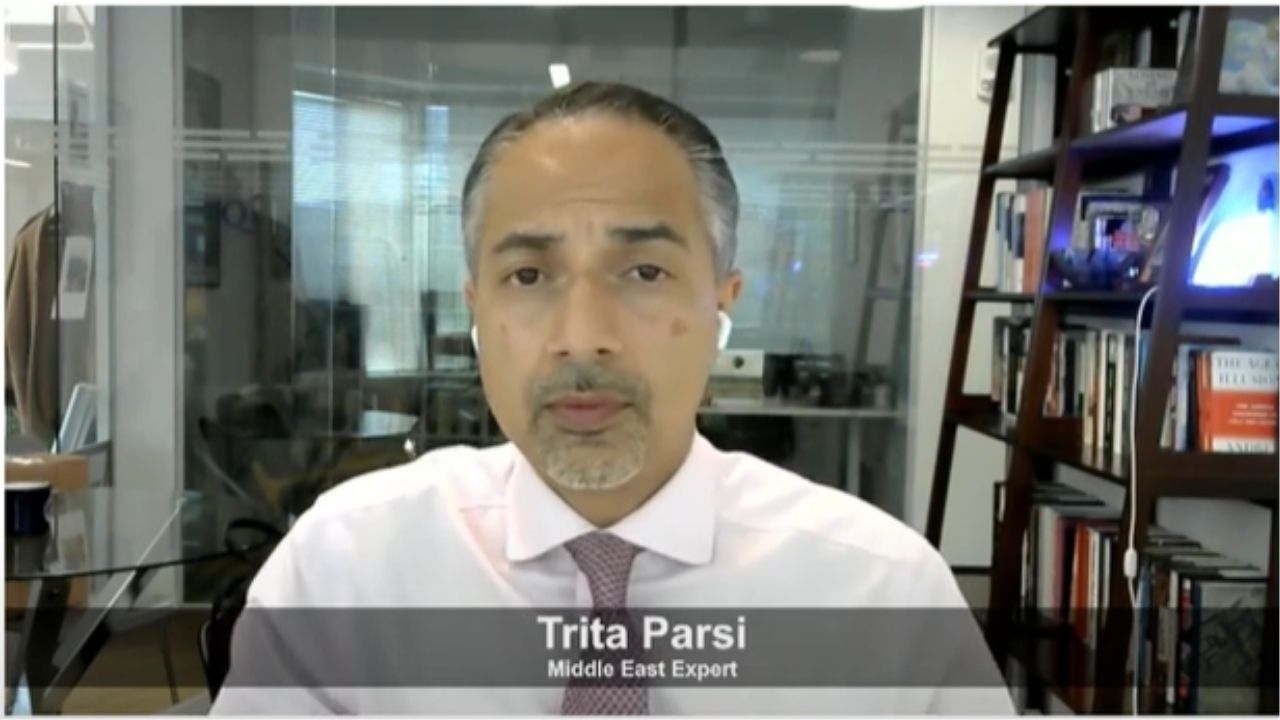
Video /
5 days ago
Trita Parsi Shares Ex-Green Beret’s Account of Deadly Gaza Aid Sites
Education
Valley Children’s Sees Big Spike in Summer Football Injuries. Has State ‘Overcorrected’ Its Rules?
Sports /
6 days ago
Commentary
Commentary
Featured
Opinion /
9 hours ago
Sen. Klobuchar Is a Democratic Bellwether, and She’s Changing Her Tune on Israel
Amy Klobuchar, the senior senator from Minnesota, appeared last month in a photograph with Benjamin Netanyahu. Wearing a tight-lipped smile ...
Sports

Inspire /
5 days ago
Clovis Girls Soccer Team Wins National Title After Years of Grit, Heart, and Sacrifice

Sports /
1 week ago
US Government Restricts Sports Visas for Transgender Women

Sports /
1 week ago
United States Set World Record in Women’s 4×100 Medley Relay
Around the state

Politics /
3 days ago
Where the Redistricting Wars Might Go After Texas
Global View
Terrible Thirst Hits Gaza With Polluted Aquifers and Broken Pipelines
World /
1 day ago
How a CIA Hit on Al Qaeda Ensnared a US Citizen in Afghanistan
World /
2 days ago
Israel Faces Backlash at Home and Abroad Over Gaza War Escalation Plan
World /
3 days ago
US, Russia Plan Truce Deal That Would Cement Putin’s Gains in Ukraine, Bloomberg Reports
World /
3 days ago
US Issues New Iran-Related Sanctions, Treasury Says
U.S. /
4 days ago
Netanyahu Says He Wants Israel to Take Control of All of Gaza
World /
4 days ago
She Survived a 9-Story Fall After a Russian Missile Hit Her Building
World /
4 days ago
MORE NEWS
Entertainment

Local /
6 days ago
Central Valley Brewers Face Off in West Coast IPA Throwdown in Clovis

News /
1 week ago
Corporation for Public Broadcasting to Close After Funding Cut, in Blow to Local Media

Courts /
2 weeks ago
Sean ‘Diddy’ Combs Seeks Release on $50-Million Bond Ahead of Sentencing
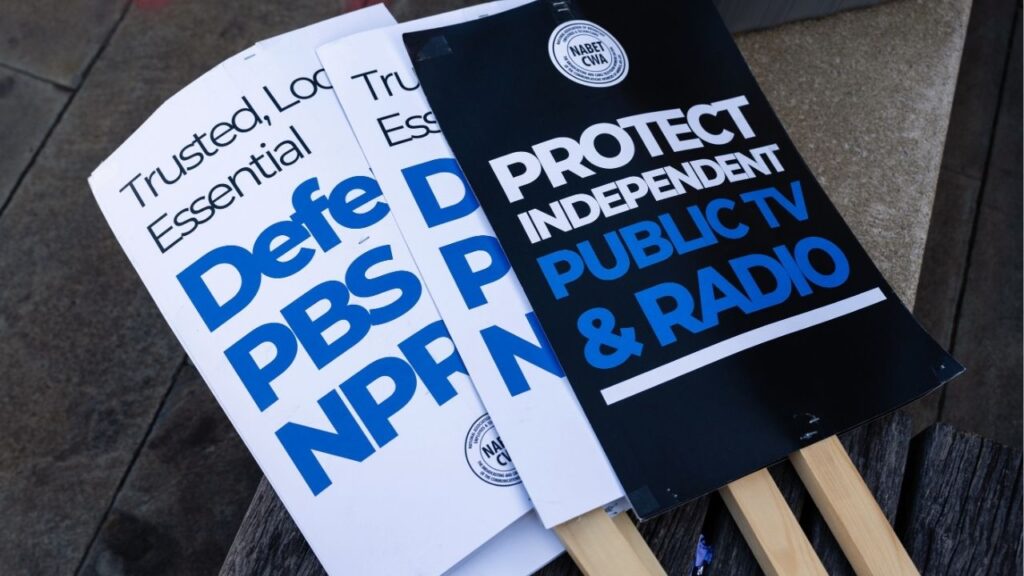
Opinion /
2 weeks ago





